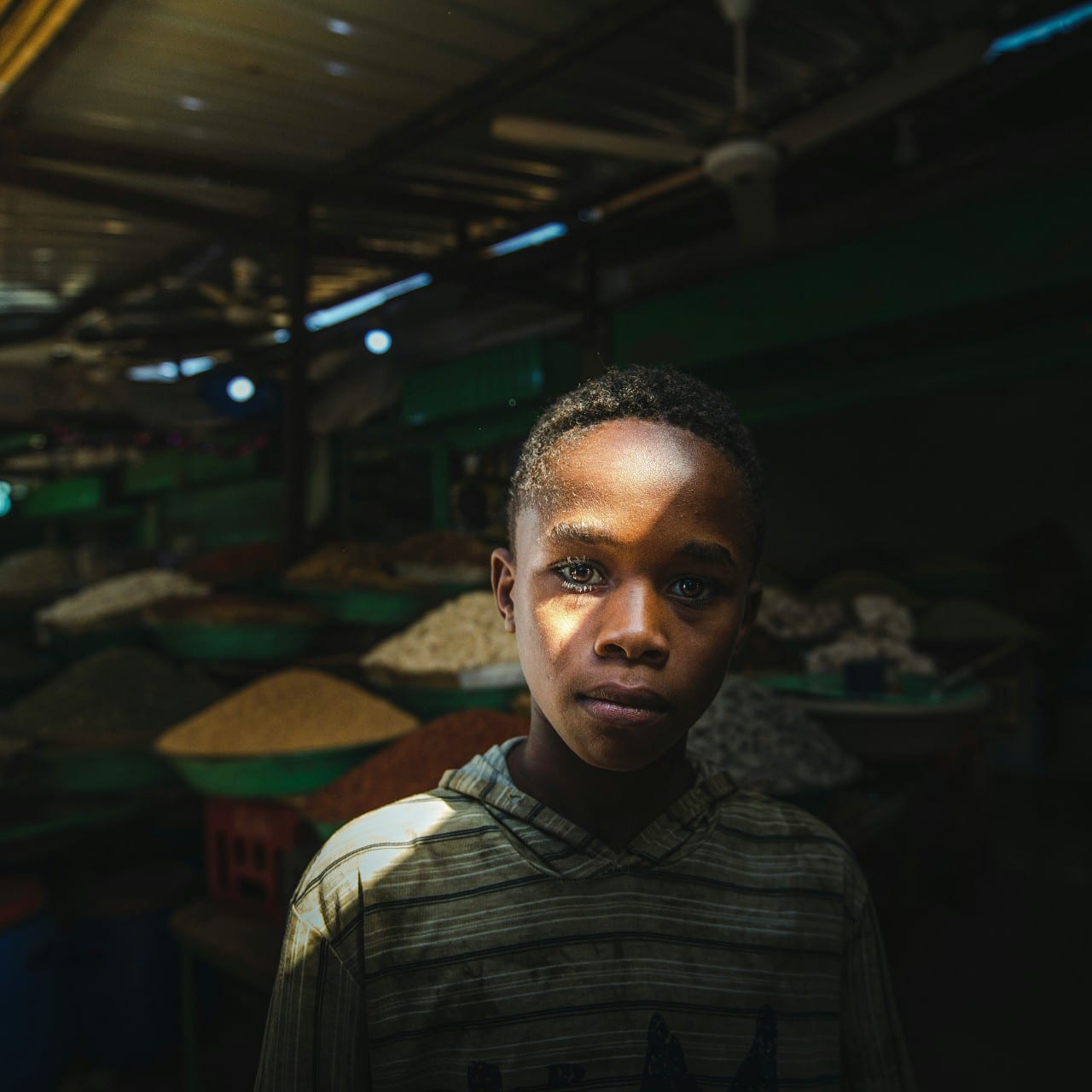Sudan is dealing with one of the world’s most severe humanitarian crises. The conflict that erupted between the Sudanese Armed Forces (SAF) and the Rapid Support Forces (RSF) on 15 April 2023 has given rise to unprecedented challenges, affecting millions of lives and creating a complex web of issues that demand urgent attention.
What is the Crisis About?
The crisis in Sudan is multifaceted, encompassing armed conflict, mass displacement, healthcare challenges, food insecurity, and an education crisis. With over 25 million people, including 14 million children, in need of humanitarian assistance, Sudan stands at the epicentre of a humanitarian catastrophe. Sudan is experiencing a humanitarian crisis of epic proportions – without urgent international action; this catastrophe could engulf the entire country and the region.
Background Story Leading to the Conflict
Sudan is a country in Northeast Africa. It has a population of almost 46 million (2022). It borders the Central African Republic to the southwest, Chad to the west, Egypt to the north, Eritrea to the northeast, Ethiopia to the southeast, Libya to the northeast, South Sudan to the south and the Red Sea. It occupies almost 1.9 million kilometres and is as big as France, Spain, Germany, and Sweden combined.
The roots of this conflict can be traced back to longstanding political and social tensions. The power struggle between the Sudanese Armed Forces and the Rapid Support Forces escalated, leading to a full-blown armed conflict in April 2023. The conflict has not only intensified existing grievances but has also exacerbated ethnic and regional divides within the country.
The Rapid Support Forces are paramilitary forces that have close links to the Sudanese government. They are a successor to the Janjaweed militias, which the Sudanese regime operated in Darfur in the early 2000s.
Impact on People and the Environment
Over 12,000 women, men, and children have reportedly been killed. 14 out of the 25 million who are in need of humanitarian aid and protection are children.
Nearly 5 million Sudanese are one step away from famine. Almost 18 million are facing acute hunger. About 4 million children and pregnant and breastfeeding women are acutely malnourished.
The crisis has resulted in the displacement of more than 7.4 million people, making Sudan the largest displacement crisis globally. Internal displacement, coupled with the collapse of healthcare services, has given rise to disease outbreaks, including cholera, measles, malaria, and dengue fever.
The conflict has also severely impacted food production, leading to acute food insecurity affecting millions.
Additionally, the education system has crumbled, with 19 million children out of school, exposing them to immediate and long-term dangers. There have been shocking accounts of widespread rape and sexual violence.
The UN is particularly worried about conditions in Darfur, where 4,000 people have been killed. Babies are dying in hospitals, children and mothers are suffering from severe malnutrition; camps for displaced persons have been burned to the ground; girls and women have been raped, and schools are closed.
UN Response to the Crisis
The United Nations has mobilized efforts to address the crisis in Sudan and provides lifesaving humanitarian assistance.
The revised 2023 Sudan Humanitarian Response Plan appeals for $2.6 billion to reach over 18 million people with food, health care, cash and other lifesaving assistance through the end of this year. As of 8 January 2024, it was 41% funded.
The Refugee Response Plan appeals for $1 billion to support over 1.8 million refugees, returnees and host communities in the Central African Republic, Chad, Egypt, Ethiopia, and South Sudan. As of 8 January, it was 38% funded.
The Central Emergency Response Fund has directed $76 million toward the Sudan crisis. The Sudan Humanitarian Fund has put $40 million toward relief efforts inside Sudan.
UN Agencies Involved and Their Role
UN agencies and their partners have reached 5 million people with lifesaving assistance since 15 April. However, deadly violence against aid workers and the looting of humanitarian property and supplies have made aid operations extremely difficult and dangerous.
Several UN agencies are actively involved in addressing different aspects of the crisis. The World Health Organization (WHO) is working to combat disease outbreaks, while the World Food Programme (WFP) strives to alleviate hunger. UNICEF is focusing on the education crisis, aiming to support the millions of children deprived of schooling.
The UN Secretary-General has appointed his Personal Envoy for the Sudan, Ramtane Lamamra, who will support ongoing peace efforts.
SDGs Connected to the Crisis
The crisis in Sudan directly relates to multiple Sustainable Development Goals (SDGs). SDG 2 (Zero hunger) is under threat due to widespread food insecurity. At the same time, SDG 3 (Good Health and Well-being) faces challenges with the outbreak of diseases and the collapse of healthcare infrastructure. Additionally, SDG 4 (Quality Education) is severely impacted as millions of children remain out of school.
How Can You Get Involved?
Individuals worldwide can contribute to addressing the Sudan crisis by supporting reputable humanitarian organizations working in the region. Donations to UN agencies, NGOs, and grassroots organizations can provide much-needed resources for healthcare, food, and education initiatives. Additionally, raising awareness about the crisis through social media and engaging in advocacy efforts can help gain international support for Sudan’s suffering.
If you want to donate to the UN efforts to help Sudan, please click here.
For further information see:

